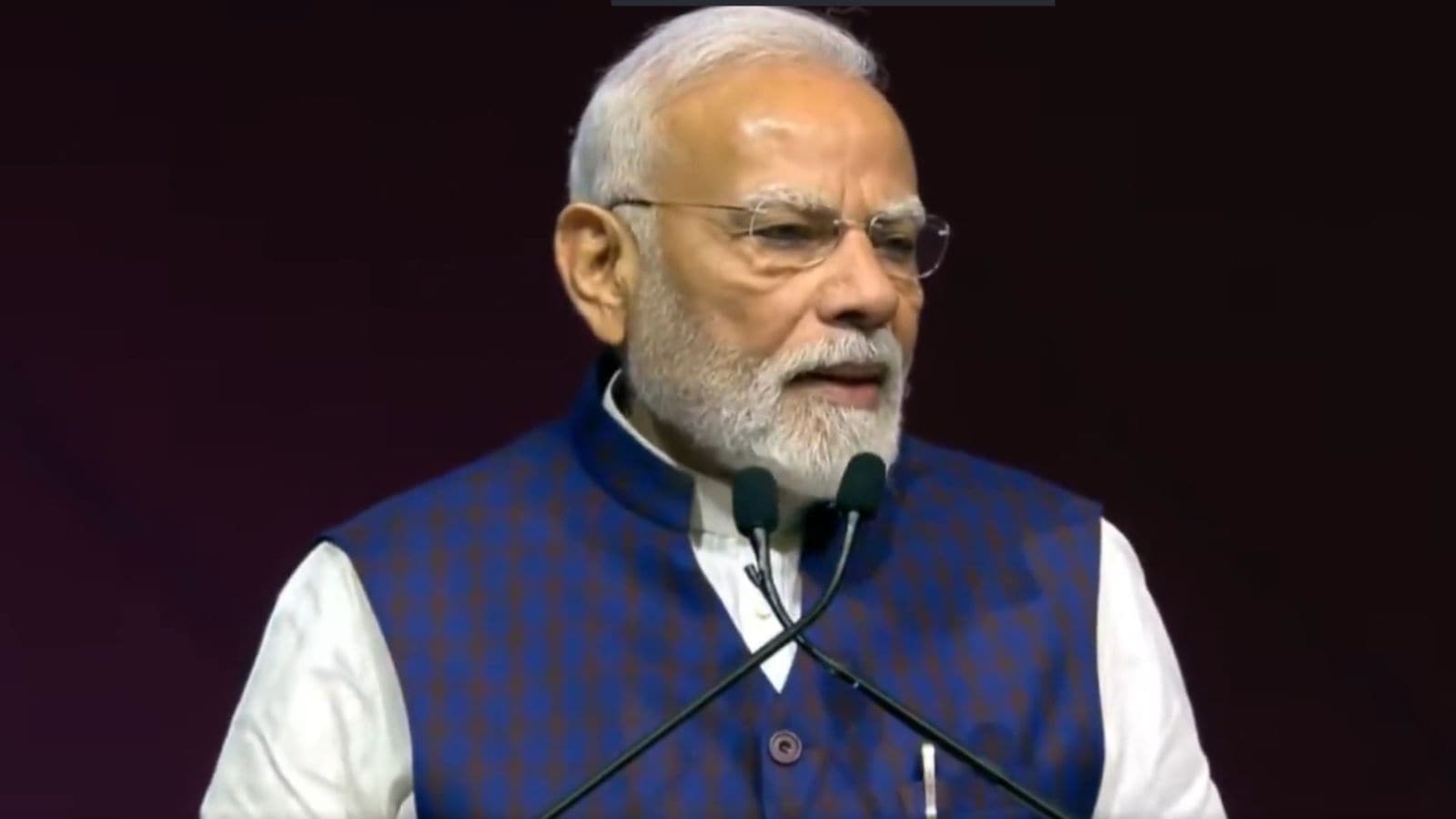
India's Semiconductor Dream: A New Era Begins
Prime Minister Narendra Modi recently inaugurated ‘Semicon India 2025’, marking a significant step for India in the semiconductor industry. He announced the next phase of the India Semiconductor Mission, highlighting the government's commitment to transforming India into a global semiconductor hub. This ambition comes with promises of single-window clearances, skilled workforce availability, and attractive production-linked incentives for global investors.
During the event, Modi expressed confidence that India’s smallest chip would soon contribute to monumental changes worldwide. He stressed that the government’s efforts aim to create an end-to-end semiconductor ecosystem, covering design, manufacturing, packaging, and high-tech devices all within India. This comprehensive approach is intended to make India self-reliant and globally competitive.
Modi noted that the first phase of the semiconductor mission, launched in 2021 with a budget of Rs 76,000 crore, approved ten semiconductor plants, including fabrication and testing facilities. The upcoming phase is estimated to be worth $15 billion, focusing on further incentives for equipment and raw materials. The goal is to capture a significant share of the global semiconductor market, projected to reach $1 trillion in the coming years.
In his address, Modi highlighted the trust the world has in India, emphasizing that the nation is ready to welcome investors with open arms. He assured them that the government’s policies are long-term commitments aimed at fostering a robust semiconductor sector. The Prime Minister also mentioned that the recent economic growth in India signals a bright future, with the country likely to become the third-largest economy soon.
As the global semiconductor market expands, India is poised to play a vital role. The government is actively constructing semiconductor parks across the country based on a plug-and-play infrastructure model. This initiative aims to streamline the approval process and encourage faster execution of projects, thereby enhancing India's position in the global supply chain.
With significant investments from various companies, including the Tata-PSMC fab and US-based Micron Technology, India is on track to develop a comprehensive semiconductor ecosystem. IT Minister Ashwini Vaishnaw mentioned that India is now viewed as a destination that respects intellectual property rights, further boosting investor confidence.
In conclusion, the launch of the next phase of the India Semiconductor Mission marks a watershed moment for India's technological ambitions. With a strategic focus on creating a complete ecosystem, India is set to become a major player in the semiconductor industry, driving innovation and economic growth for years to come.









